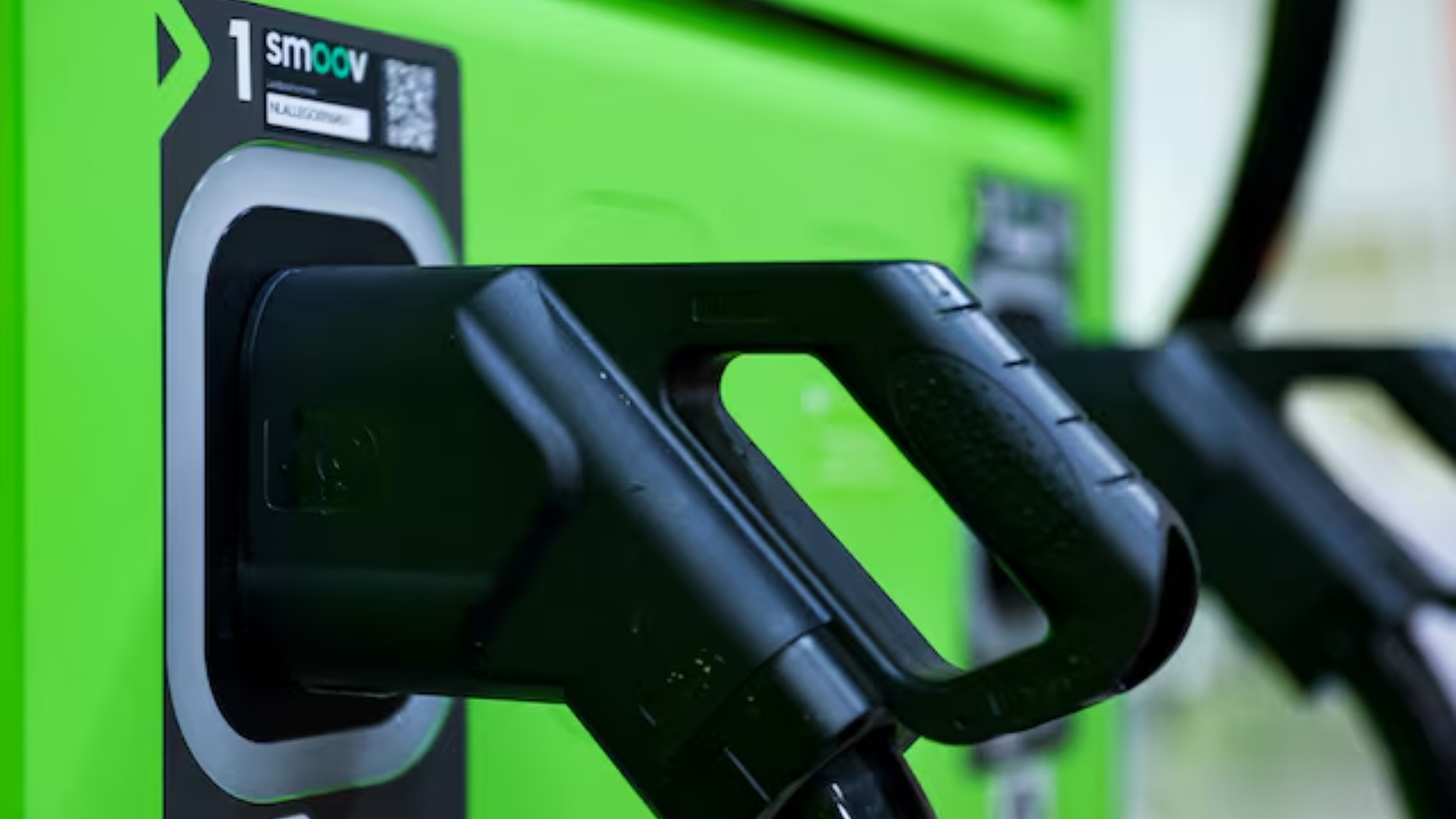(Reuters) – Sales of new battery-electric cars in the European Union dropped 12% in May from a year earlier, led by a 30% plunge in Germany, data from Europe’s auto industry body showed on Thursday.
Germany, the bloc’s largest electric vehicle (EV) market, in December brought an early end to subsidies for buying EVs as part of a last-minute 2024 budget deal. It has now seen a year-to-date 16% decline in EV sales, according to the European Automobile Manufacturers Association (ACEA).

Overall new car sales in the bloc fell by 3% in May from the same month in 2023, the second drop this year, and were down 2.6% in a wider region covering the EU, Britain and the European Free Trade Association (EFTA), the ACEA said.
Demand for EVs in Europe has cooled in recent months, after rising strongly for several years, while competition to produce more affordable models has grown.
To shield domestic automakers from an influx of cheap EV imports, the European Commission said last week it would impose provisional duties of up to 38.1% on China-made EVs starting July.
U.S. electric carmaker Tesla said last week it expected to increase the price of its China-made Model 3 when the EU measures come into effect. Elon Musk’s company recorded a 34.2% drop in May sales in the EU.
The current stagnation of the EV market has been expected for years but sales should pick up from 2025 when the next EU car emission targets kick in, European campaign group Transport & Environment (T&E) said in a briefing on Thursday.
Electrified vehicles – fully electric models, plug-in hybrids and full hybrids – accounted for 48.9% of all new EU passenger car registrations in May, up from 46.2% a year earlier.
While the market share of fully electric cars fell to 12.5% from 13.8% in May 2023, the share of hybrids rose to 29.9% from 25%.












